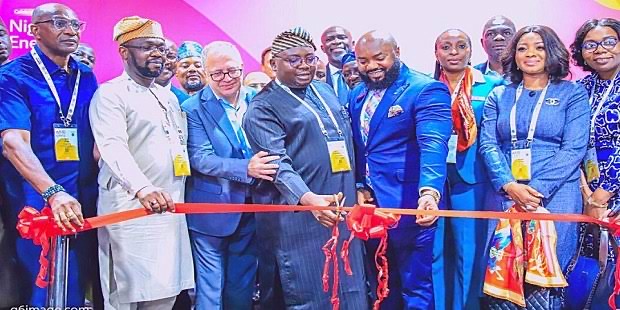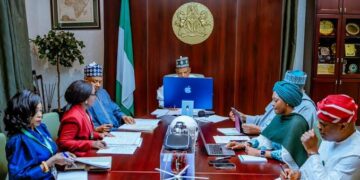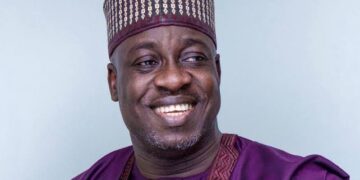The Minister of Energy, Dr. Adebayo Adelabu, disclosed that Nigeria’s power sector is generating 5,105 megawatts of electricity as of July 27, 2024, the highest level in three years. Adelabu disclosed this on Wednesday at the inaugural meeting of the Inter-Ministerial Working Group on the Energy Sector in Abuja.
While highlighting the recent achievements and future targets of the power sector, the minister said, “Just a few days ago, on July 27, we successfully generated and transmitted 5,105MW of power, the highest in the last three years. This is an improvement from the previous capacity of around 4,000MW or below.
“Our target is to achieve a landmark generation and transmission of 6,000MW by December.”
The ministers at the meeting called for enhanced collaboration among different ministries and departments to realize the economic potential of Nigeria’s energy sector. They stressed the sector’s key role in promoting economic growth and industrialization in line with President Bola Tinubu’s vision.
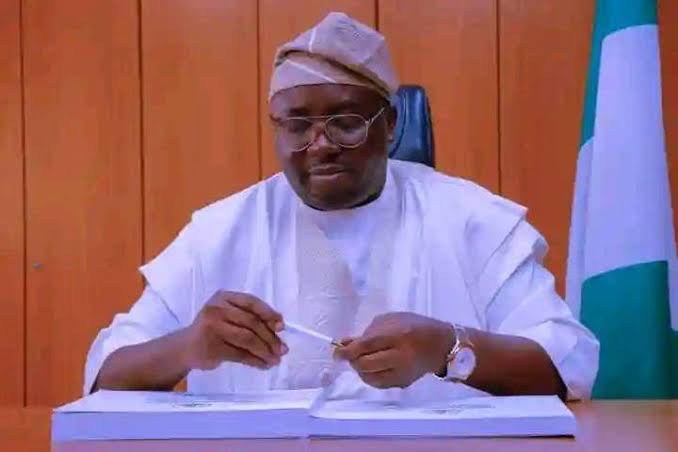
Adelabu stressed the need for inter-ministerial collaboration to achieve these goals.
“Power is not something that should be left alone to the Ministry of Power and its agencies. There are many supportive ministries without which we cannot achieve our mandate,” Adelabu said.
He said the Ministry of Energy works closely with the Ministries of Environment, Water and Sanitation, Budget and Planning, and Petroleum Resources, especially Ekpelikpe Ekpo, the Minister of State for Gas. The Minister of Water Resources and Sanitation, Joseph Utsef, echoed this sentiment, saying: “The Ministry of Water Resources and the Ministry of Power are like brothers and sisters. We will do everything possible to work together to achieve the renewable energy agenda of the President in making life better for Nigerians.”
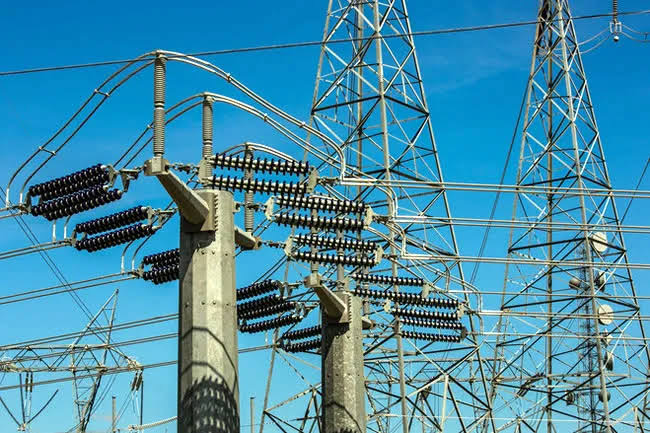
Adelabu addressed the need for sustainable energy solutions, emphasizing the role of renewable energy sources.
“We are focusing on generating power in a sustainable and environment-friendly manner. This is why we talk about renewables, through solar, wind, and small dams,” he said.
The Minister of Environment, represented by his Deputy Minister Iziaq Salako, stressed the impact of electricity generation on the environment and the importance of treating the resulting waste. “As we go ahead to develop our power sector, we are also developing a process to manage the waste that will come out,” he said.
Adelabu outlined the terms of reference for the task force, which include enabling seamless liquidity and financing in the energy sector, providing guidance on governance structures for electricity distribution companies, and focusing on the energy transition programme to achieve net-zero emissions by 2060.
The joint effort will not only increase electricity generation and distribution but also ensure that the benefits are felt by homes, businesses, and industries across the country, the minister explained.


